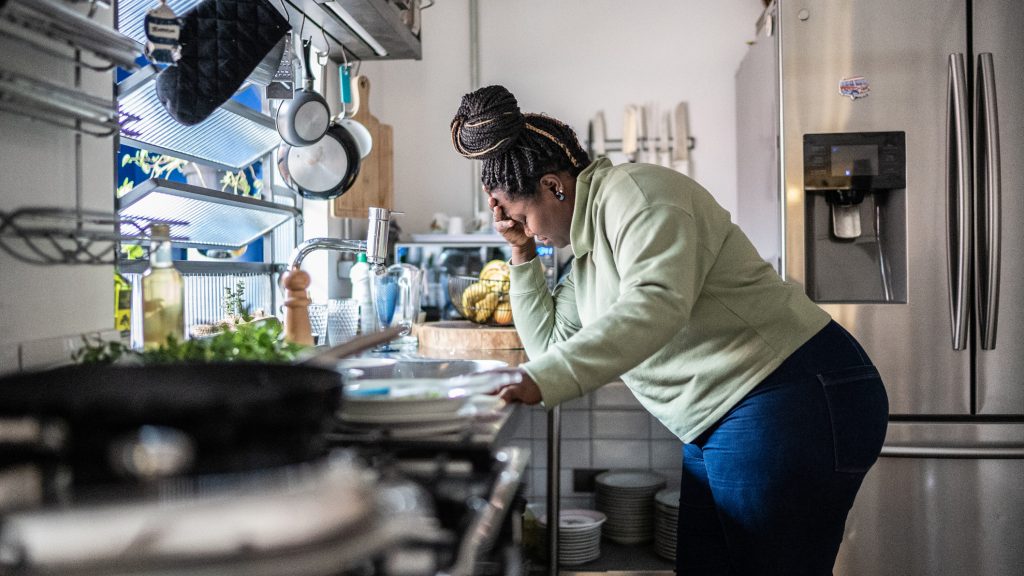Prevent caregiver burnout before it happens

Prevent caregiver burnout before it happens
Looking after a senior loved one can be both rewarding and challenging. No matter how happy you are to help, you could risk taking on too much. If this happens, your health may suffer, which could affect your ability to properly care for your loved one. This is called caregiver burnout.
To maintain your emotional, physical, and mental well-being, you may want to consider getting help before burnout happens.
Here are some ways to recognize and prevent caregiver burnout.
What is caregiver burnout?
Burnout is a state of physical, emotional and mental exhaustion that happens while you’re taking care of someone else. Because you feel good about helping someone, you may not even recognize signs of burnout when they start.
Signs and symptoms of caregiver burnout
The signs and symptoms of caregiver burnout include:
- Emotional and physical exhaustion.
- Withdrawal from friends, family and other loved ones.
- Loss of interest in activities you previously enjoyed.
- Feeling hopeless and helpless.
- Changes in appetite and/or weight.
- Changes in sleep patterns.
- Unable to concentrate.
- Getting sick more often.
- Irritability, frustration or anger toward others.1
Prevent caregiver burnout
Here are some steps you can take to guard against burnout:
- Set realistic goals. If you’re trying to balance other responsibilities with work and family, accept that you need help. Be open to allowing others to help you with some tasks. Set a routine, know your limits and be honest with yourself about your situation. If your workload gets overwhelming, reach out for help.
- Accept your feelings. Feeling frustrated or angry about your responsibilities or the person you care for is normal. If your feelings are overwhelming, reach out for help.
- Take care of yourself. While you’re taking care of someone else, make sure your needs are met first. Take time for yourself, even if it’s just an hour or two every day. Taking care of yourself is an absolute necessity.
Where to get help
Here are some resources that can help prevent caregiver burnout:
- Someone you trust. It helps to talk about your feelings and frustrations with someone else, whether it be a friend, family member, mental health professional or social worker. Look for local community organizations that may host support groups for caregivers.
- Local resources. If you are struggling to think of people you can call to talk to or enjoy an afternoon out with, try connecting to others through online forums, community centres, signing up for a class, or joining a club or volunteer activity. Ask your doctor to connect you with a social worker or psychiatrist, or free counselling services in your region or online.
- The Canadian Centre for Caregiving Excellence. This organization supports and empowers caregivers. They offer a curated list of national and provincial resources for caregivers.
- Home health services/respite care: Respite care gives you a temporary break . for a few hours, a few days to several weeks. Respite care can happen at home, in a healthcare facility or an adult care centre.
Respite care can be extremely helpful as it allows you to relax. You can take time to work on a hobby, or spend a night or a few days away to visit other family and friends. Finding balance between your responsibility as a caregiver and your personal life is critical to maintaining your health and well-being.
Taking care of yourself is an important part of taking care of someone else. Consider getting help before burnout sets in.
We can help. Bayshore Home Health offers a wide range of home care services to help Canadians live independently for as long as possible. Contact us at 1-877-289-3997 for details.
Sources
1 https://my.clevelandclinic.org/health/diseases/9225-caregiver-burnout
